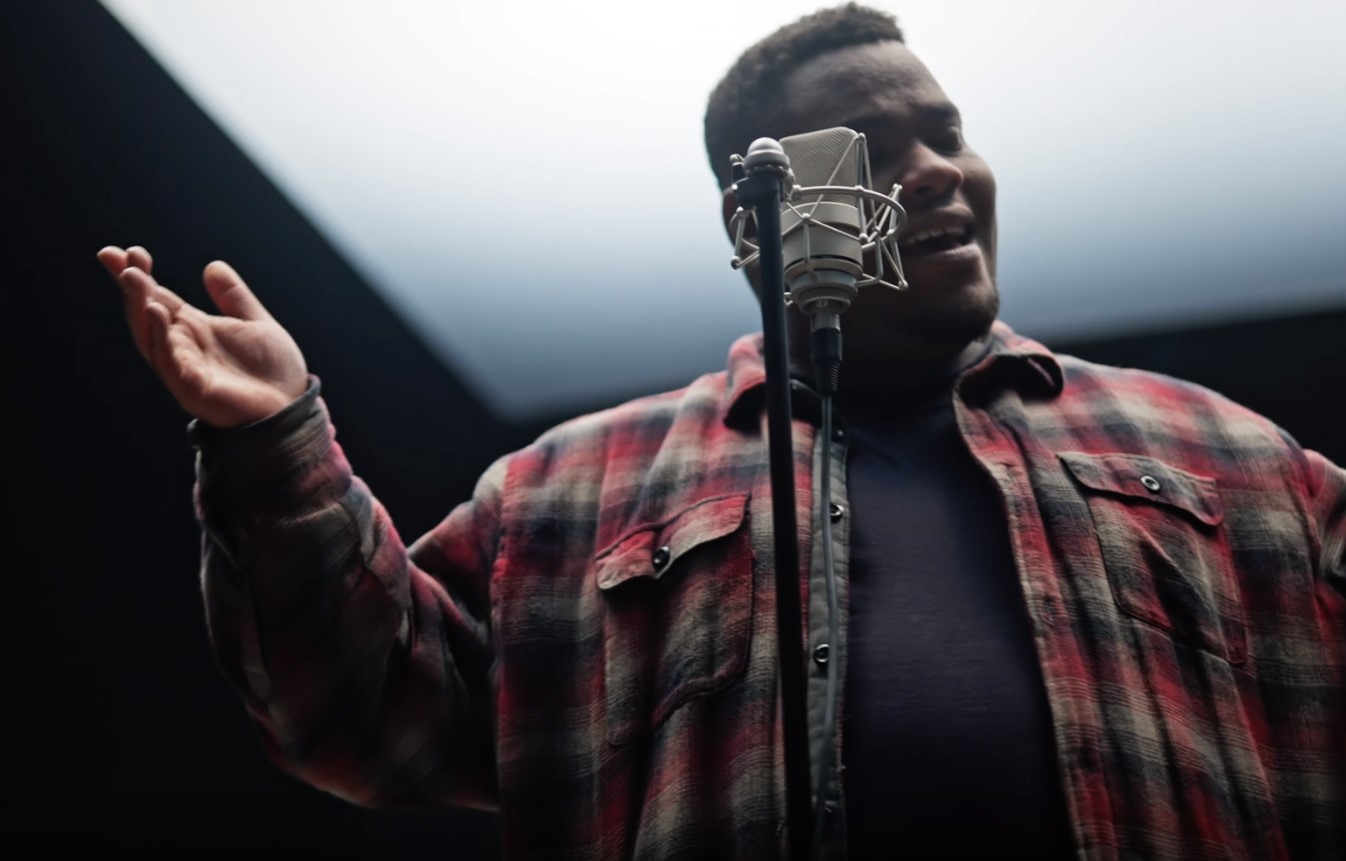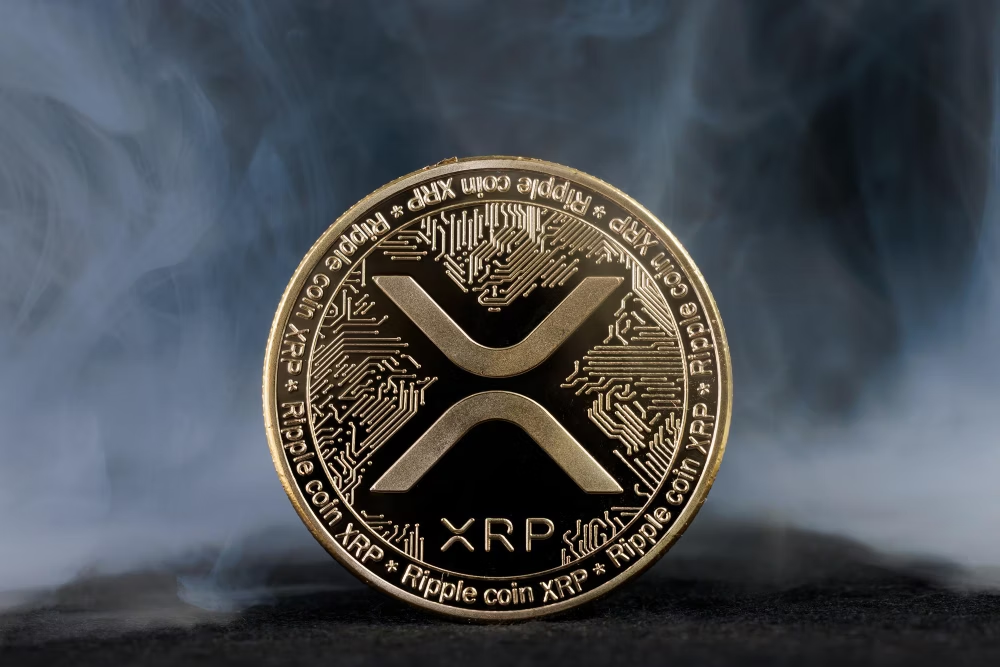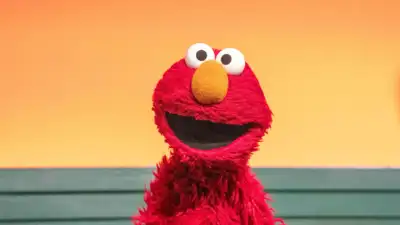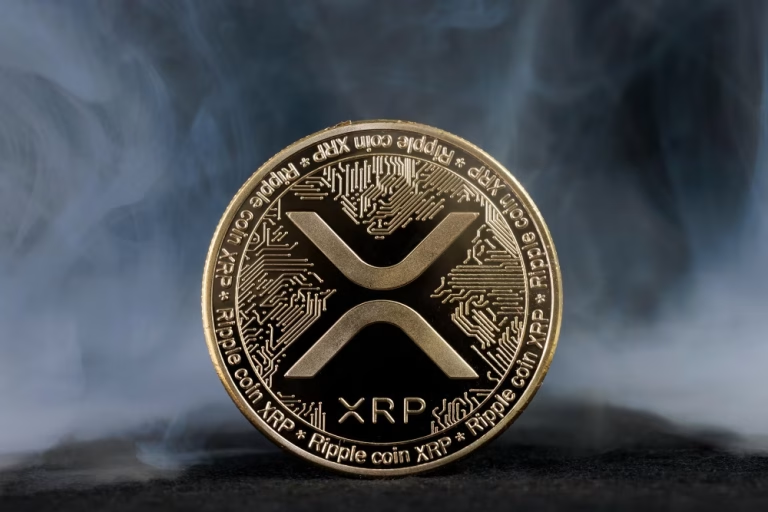In the world of music, artists have creatively used lyrics to not only tell a story but also to emphasize certain messages by spelling out words within their songs.
This technique grabs the listener’s attention in a way that plain lyrics might not, leaving a memorable mark and often becoming a signature element of the song.
From the infancy of this songwriting device in earlier decades to its widespread popularity across various genres today, the method of spelling out words in songs serves as a catchy mnemonic and a stylistic flourish that enriches the listening experience.
Tracing the historical lineage of spelled-out lyrics reveals its evolution from a novel quirk to a characteristic feature of many iconic songs.
Whether through the disco-infused hits of the 70s, the storytelling swagger of hip-hop and rap, or the idiosyncrasies of alternative music, artists spell out words to drive home a point or to imprint an indelible chorus in the minds of their audience.
This practice transcends genre boundaries, showcasing the blend of linguistic play and musical ingenuity.
Historical Context of Spelling in Songs
Spelling in songs serves multiple artistic functions, from reinforcing memory to emphasizing messages within the lyrics.
Golden Oldies and Spelling Classics
Nat King Cole is a pioneer with his timeless hit “L-O-V-E”, where the spelling of the word adds a rhythmic charm and underscores the theme of love.
Aretha Franklin’s rendition of “Respect”, originally by Otis Redding, not only spells out the word that became an anthem for empowerment and dignity but also embeds the act of spelling into popular culture.
In this song, spelling becomes a powerful tool for memorability and expression, immortalizing the lyrics in the minds of the audience.
The use of spelled-out words in songs often coincides with catchy melodies, making the lyrics more impactful and engaging.
The technique demonstrates a connection between phonetic literacy and musicality, illustrating how artists use spelling as a mnemonic device and a stylistic flourish in their songwriting.
Spelling in Pop and Rock Music
Songs that spell out words play a distinctive role in the lexicon of music, bridging the gap between catchy rhythms and mnemonic devices. These tracks have cemented themselves as staples in both pop and rock music, offering listeners an interactive experience that is both enjoyable and memorable.
Pop Icons and Spell Songs
In the realm of pop music, artists use spelling as a lyrical tool to ensure their message sticks with fans. Gwen Stefani made a hit with “Hollaback Girl,” where a key part of the chorus spells out “B-A-N-A-N-A-S,” making it an unforgettable sing-along track.
Similarly, Fergie‘s “Fergalicious” spells out the title word, further establishing the song’s theme and reinforcing the brand of the artist.
- Gwen Stefani – “Hollaback Girl”: Memorable chorus spelling “B-A-N-A-N-A-S”
- Fergie – “Fergalicious”: Title spelling “F-E-R-G-A-L-I-C-I-O-U-S”
Rock Anthems with Spelling
Rock music has its share of songs that incorporate spelling, creating an interactive experience for the listener.
John Mellencamp‘s “R.O.C.K. in the U.S.A” pays homage to 60’s rock with its patriotic chorus, while the group Boney M uses spelling in their song “Belfast,” injecting a playful element into a song with political undertones.
- John Mellencamp – “R.O.C.K. in the U.S.A”: Patriotic spelling “R-O-C-K in the U.S.A”
- Boney M – “Belfast”: Political context with spelling “B-E-L-F-A-S-T”
Spelling in Hip Hop and Rap
Hip hop and rap are known for their lyrical dexterity, where artists frequently employ spelling as a rhetorical device to enhance the memorability of their lyrics and showcase verbal prowess.
Wordplay and Spelling Bees
Hip hop artists have long turned the microphone into a modern-day spelling bee, using spelling as a lyrical tool for emphasis and style. This technique calls attention to certain words and terms, emphasizing their importance within a song’s message.
For example, Jay-Z’s track “Izzo (H.O.V.A.)“ uses spelling as a mnemonic device, ensuring the listener remembers his moniker and the title he assigns to himself, standing for “Jay-Z, the Highness” or “the God” of rap. This form of spelling within lyrics is not only catchy but often serves to reinforce the rapper’s identity or theme of the song.
Southern Rap and Its Spelling Tradition
Within the subgenre of Southern rap, spelling in lyrics is a distinguished tradition. Artists like Lil’ Boosie, Webbie, and the late Lil’ Phat have incorporated this stylistic element into their music.
For instance, the song “Independent” by Webbie spells out the word to extol the virtues of an independent woman, aligning the artist with values of self-sufficiency and economic justice. The spelling out of words is characteristic of the region’s rap style, creating a signature sound that supports the narrative and cultural identity.
Through their ingenious wordplay, these artists exemplify hip hop’s unique ability to teach, entertain, and innovate with language.
Modern Use of Spelling in Music
In contemporary music, artists often employ spelling to create memorable lyrics and choruses that resonate with audiences. This technique not only enhances the catchiness of a song but also emphasizes certain messages.
Contemporary Pop and Its Spelling Hits
Contemporary pop music has seen a proliferation of hits that use spelling as a core part of the song. Artists like Kesha and Fergie have charted top hits with songs like “Dinosaur” and “Fergalicious,” where spelling is used playfully to engage listeners. Kesha uses spelling to create a unique and humorous effect, making the track memorable.
Another standout use of spelling in modern pop is from Fergie, whose hit “Glamorous” spells out the title word to underscore the theme of the song. The repetition of “G-L-A-M-O-R-O-U-S” becomes a central and unforgettable element of the song.
Lady Gaga employed this technique in her song “G.U.Y.,” which not only spells out the title but uses it to represent the phrase ‘Girl Under You,’ playing with gender norms and dynamics within the lyrics.
Ariana Grande has also utilized this method, turning the track “successful” into an anthem of empowerment that resonates with listeners eagerly spelling out their own success alongside her.
Songs that spell words captivate listeners, making the lyrics stick long after the song has ended. This creative approach blends the auditory with the visual, encouraging active participation from the audience which can lead to a song’s increased popularity and memorability.
Spelling and Storytelling in Alternative Genres
In the realm of alternative music, bands and artists often employ the technique of spelling out words to add emphasis and to craft a narrative within their songs.
Indie Music and Lyrical Spelling
Indie music, known for its introspective and often idiosyncratic approach, includes prime examples of lyrical spelling that enhance storytelling. The song “L.I.F.E.G.O.E.S.O.N.” by Noah and the Whale uses spelling as a catchy and memorable chorus, underlining the theme of resilience and continuity despite challenges.
Similarly, the song “F.E.E.L.I.N.G.C.A.L.L.E.D.L.O.V.E” by Pulp dissects the complex emotions of love, spelling it out letter by letter, conveying a deep introspection that is characteristic of indie music.
Alternative Rock’s Approach to Spelling
Alternative rock tends to use spelled-out lyrics for a punchy, stand-out effect in songwriting. Arctic Monkeys’ “Love is a Laserquest” might not spell out words, but their clever lyrics and vivid storytelling create a parallel to the method.
On the other hand, the 1980s band Men Without Hats had a huge hit with “The Safety Dance,” which does not directly spell but is rooted in the same mnemonic tradition that makes spelled-out lyrics so effective.
Although Motörhead is typically associated with heavy metal, their track “Love Me Like a Reptile” delves into the more alternative spectrum of their work, combining strong storytelling with the central theme of love.
Frequently Asked Questions
In this section, we explore some of the most common inquiries about songs that incorporate the technique of spelling words within their lyrics, highlighting various genres and themes.
What are some popular rap songs known for spelling out words in their lyrics?
Rap songs often utilize spelling to emphasize certain words or themes. For instance, in “Hollaback Girl” by Gwen Stefani, the word “bananas” is spelled out to create a memorable hook.
Another example is “Fergalicious” by Fergie, where ‘T-A-S-T-E-Y’ is used to add a playful touch.
Can you name some tracks that revolve around the theme of love by spelling it out?
Songs about love sometimes spell out the word to underscore their romantic message. Notable examples include “L-O-V-E” by Nat King Cole, which spells out the word as a means to describe the feelings associated with love, and “D-I-V-O-R-C-E” by Tammy Wynette, which uses spelling as a narrative device to discuss the end of love in a marriage.
What are some well-known spelling songs aimed at helping to learn or spell?
Educational songs that wish to instill spelling or literacy skills often deploy spelling out words within their lyrics. “ABC” by The Jackson 5 is a classic example, using the melody to teach the alphabet. Another enduring tune is the “Oscar Mayer Bologna Song,” which has helped generations of children learn to spell ‘bologna.’
Which song features the spelling of the word ‘independent’ prominently in its lyrics?
Webbie’s “Independent” is celebrated for spelling out ‘I-N-D-E-P-E-N-D-E-N-T’, a chant that has become an anthem for self-reliance and personal strength.
Are there any notable songs that use the gimmick of spelling the word ‘fabulous’ within their verses?
Songs that use spelling as a stylistic choice include “Fergalicious” by Fergie, where ‘F-E-R-G-A-L-I-C-I-O-U-S’ helps to establish a catchy and self-celebratory tone.
What are some songs that creatively use spelling out ‘freak’ within their composition?
Missy Elliott’s “Get Ur Freak On” cleverly incorporates the word ‘freak’ without directly spelling it out, whereas Rick James’ “Super Freak” is widely known for its hook, which openly celebrates the word’s connotations through its lyrics.












